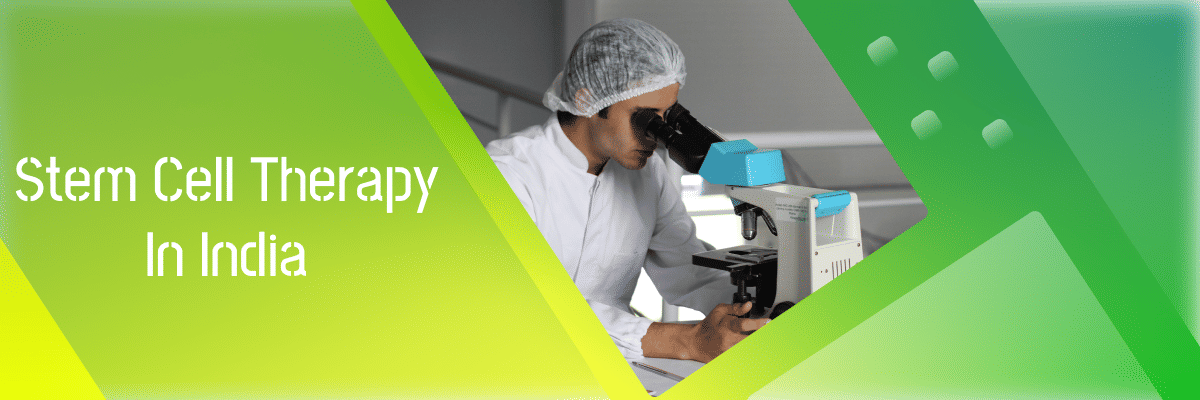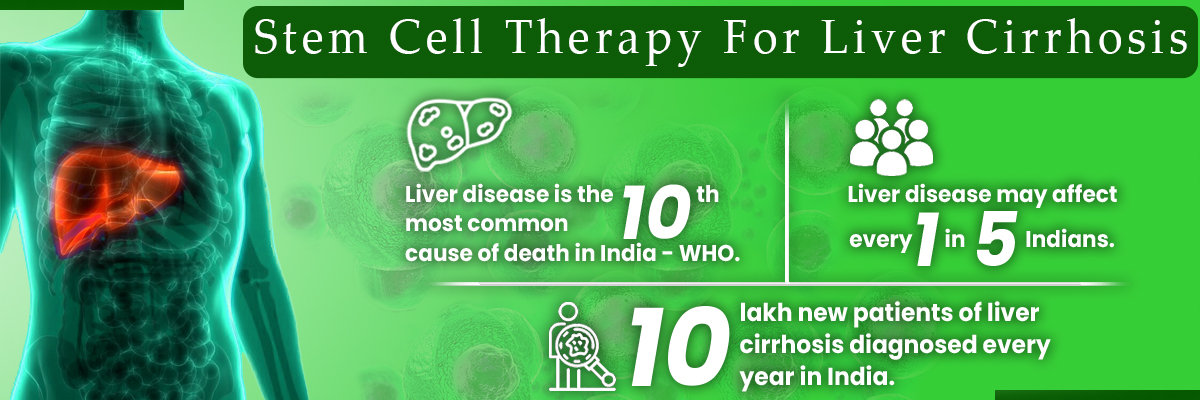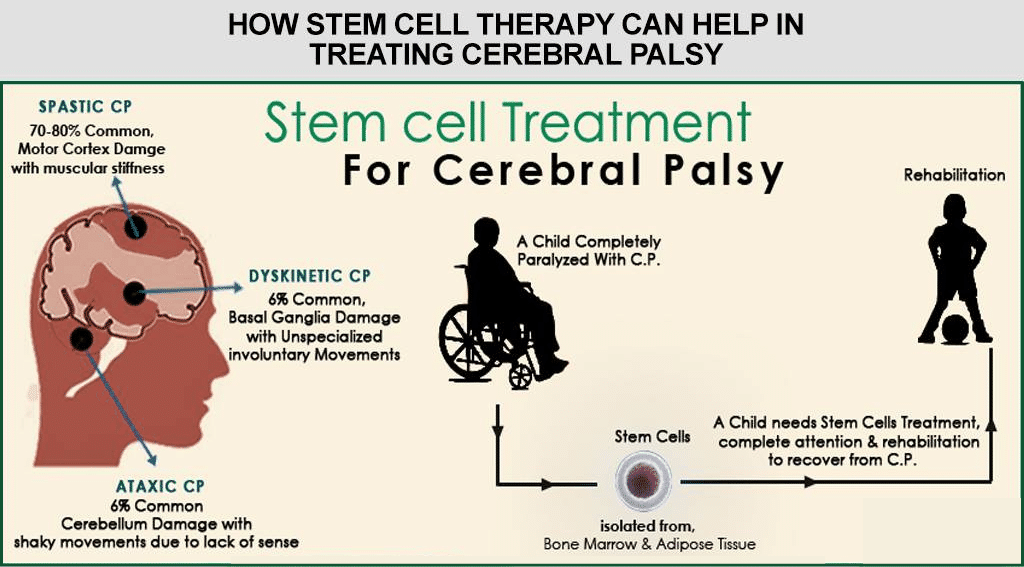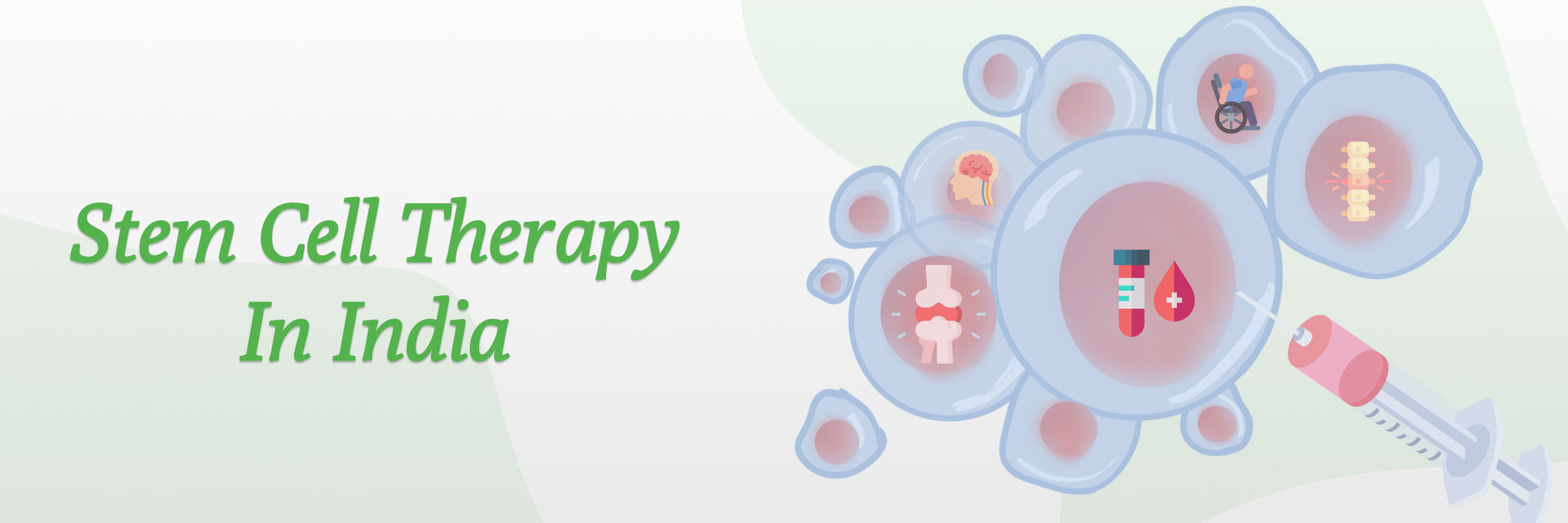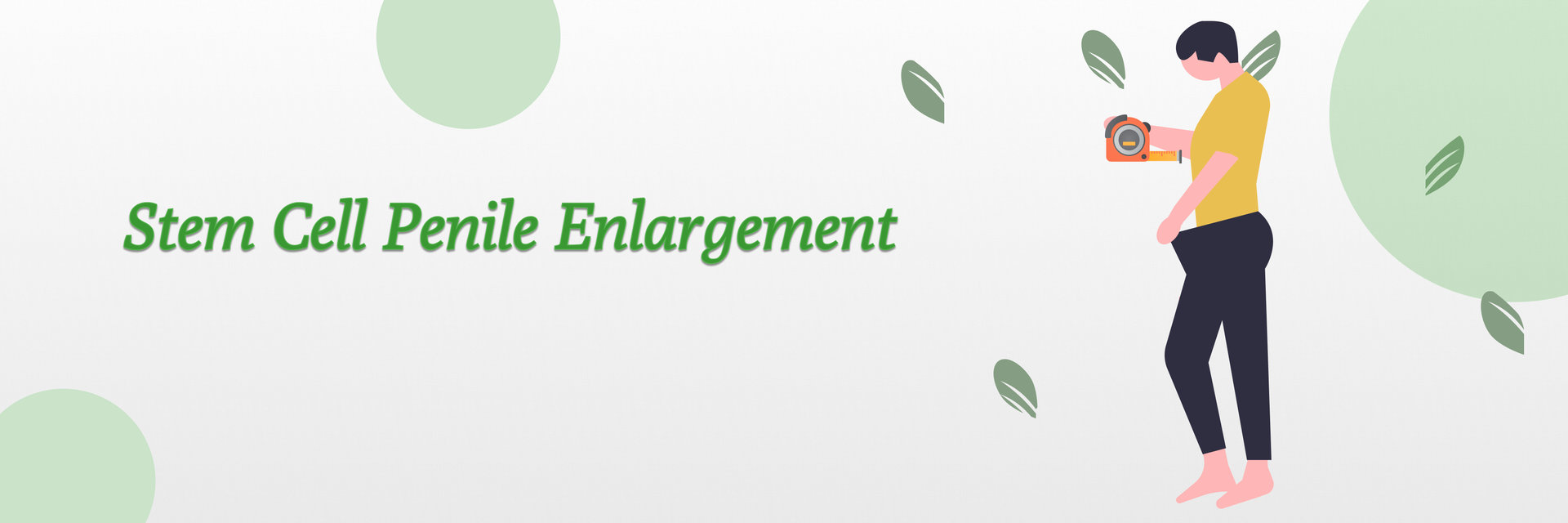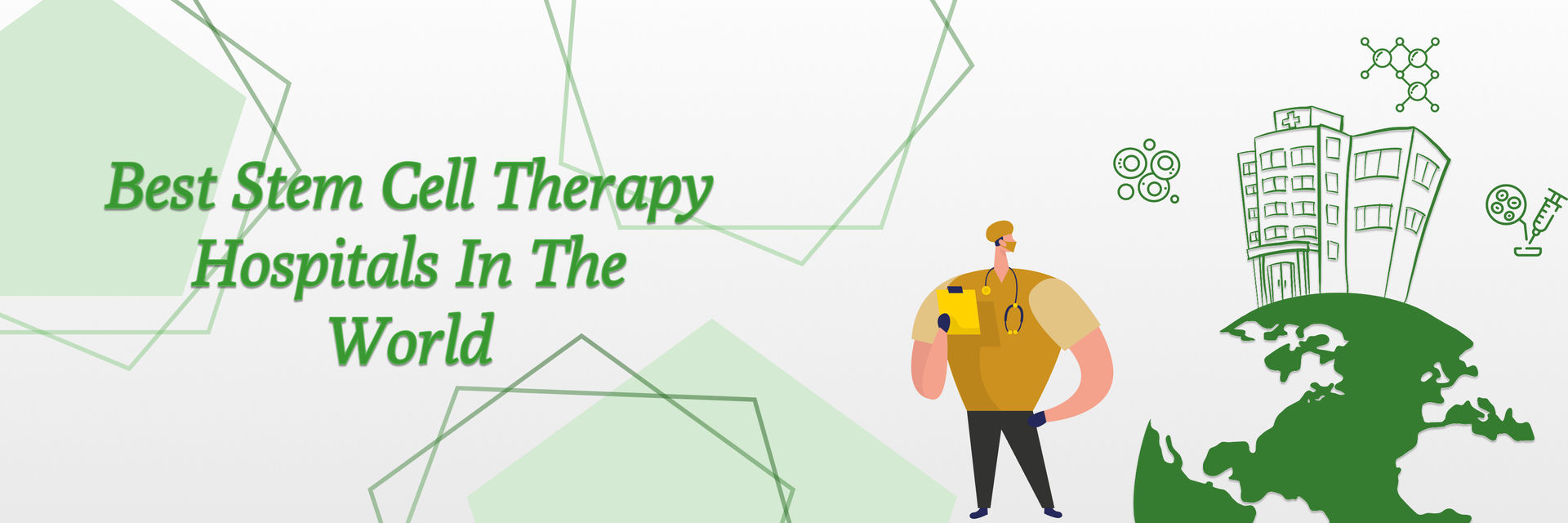Hashimoto's disease, also known as Hashimoto's thyroiditis, is an autoimmune disorder. In this disease, the immune system attacks the thyroid gland, leading to chronic inflammation and often resulting in hypothyroidism. The condition affects millions of people worldwide. In India, the prevalence of thyroid disorders is significant, with an estimated 42 million people affected.
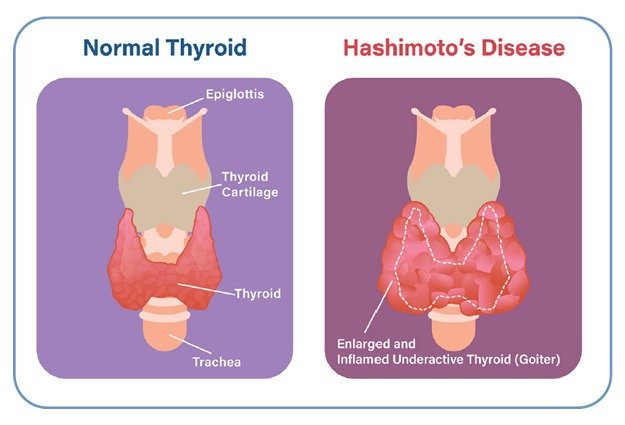
As conventional treatments often fall short of providing long-term relief, the emerging field of stem cell therapy offers new hope. The future treatment of hypothyroidism lies in rebuilding your thyroid from stem cells, a groundbreaking approach that could transform the management of Hashimoto's disease.
Hashimoto's thyroiditis, being one of the most common causes of hypothyroidism, represents a major public health concern. This article delves into the potential of stem cell therapy as a new treatment for Hashimoto's thyroiditis, exploring its benefits, risks, and availability in India.
Symptoms of Hashimoto's disease can vary widely and may include
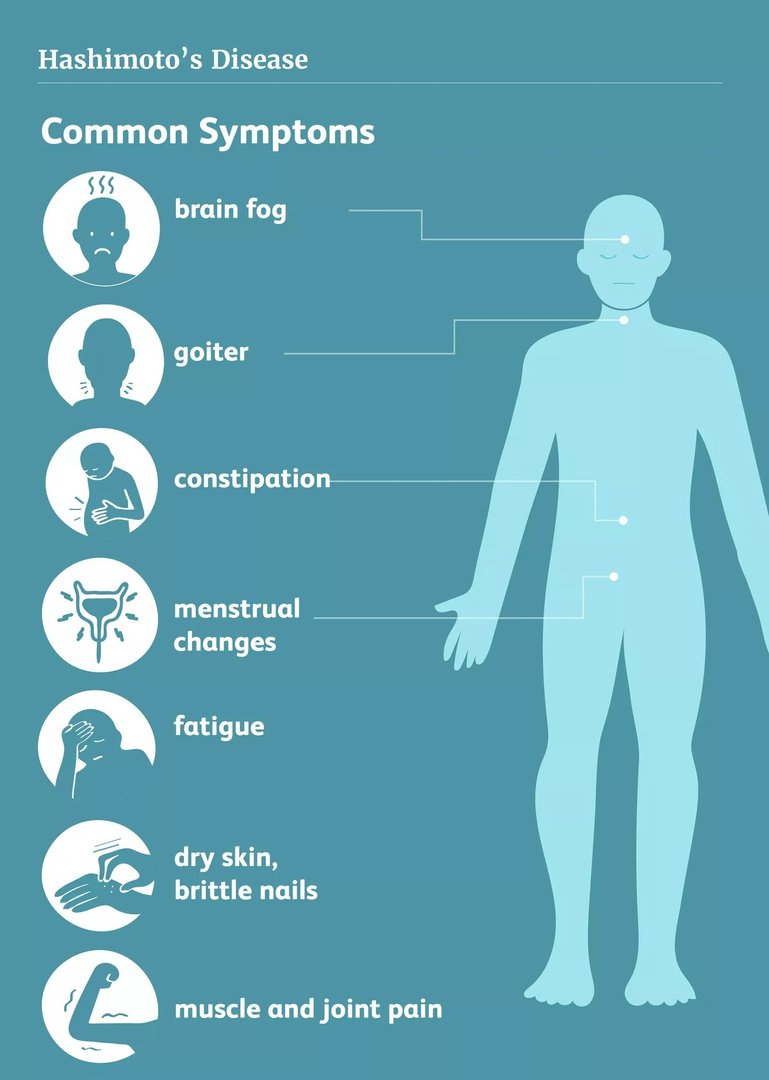
If left untreated, the condition can lead to more severe health issues such as cardiovascular problems, mental health disorders, and infertility.
How Does Stem Cell Therapy Work for Hashimoto's Disease?
The concept of rebuilding your own thyroid from stem cells is a revolutionary approach that could change the landscape of hypothyroidism treatment. Stem cell therapy for Hashimoto's disease focuses on modulating the immune system to reduce the autoimmune response that attacks the thyroid gland.
While stem cell therapy for Hashimoto's disease is still in the experimental stage, it holds promise as a potential treatment option that could offer long-term benefits beyond symptom management. Patients interested in this therapy should consult a healthcare provider to explore its suitability and potential outcomes.
Is stem cell therapy for Hashimoto's disease FDA Approved?
As of now, stem cell therapy for Hashimoto's disease is still considered experimental and has not yet been approved by the FDA. While ongoing research and clinical trials explore the efficacy and safety of this treatment, it is essential for patients to be aware that this therapy is not yet part of standard medical care.
In India, some clinics and hospitals offer stem cell treatments, but it is crucial to consult with healthcare professionals and consider the potential risks and benefits before pursuing such therapies.
Where can I get stem cell treatment for Hashimoto's disease in India?
India is emerging as a hub for advanced medical treatments, including stem cell therapy. Several hospitals and clinics across the country offer stem cell treatments for autoimmune disorders like Hashimoto's disease. Here are ten renowned institutions where you can explore this treatment option:
- StemRx Bioscience Solutions Private Limited, Navi Mumbai
- NeuroGen Brain and Spine Institute, Mumbai
- Medanta - The Medicity, Gurgaon
- Kokilaben Dhirubhai Ambani Hospital, Mumbai
- AIIMS, New Delhi
- Apollo Hospitals, Chennai
- Fortis Memorial Research Institute, Gurgaon
- Manipal Hospitals, Bangalore
- Christian Medical College, Vellore
- Tata Memorial Centre, Mumbai
These hospitals are at the forefront of stem cell research and offer state-of-the-art facilities for patients seeking innovative treatments. However, it is essential to consult with a medical professional to determine the suitability of stem cell therapy for your condition.
Cost of Stem Cell Therapy for Hashimoto's Disease in India
Stem cell therapy for Hashimoto's disease is a cutting-edge treatment becoming more accessible in India, offering a cost-effective alternative to patients compared to Western countries. Here's a comparison of the costs:
- The cost of stem cell therapy for Hashimoto's disease in India typically ranges from approximately $8,000 to $12,000, depending on factors such as the type of stem cells used, the number of treatments required, and the specific clinic offering the therapy.
- In the United States, stem cell therapy for Hashimoto's disease can cost anywhere from $20,000 to $50,000 or more, depending on the clinic, the specific treatment protocol, and the additional care required.
Factors affecting the cost of stem cell treatment in India
The lower cost is attributed to India's more affordable healthcare system, reduced operational costs, and the growing infrastructure for advanced medical treatments.
- Affordability: India offers a significantly lower cost for stem cell therapy, making it an attractive option for patients worldwide. Treatment in India is often available at a fraction of the cost compared to Western countries.
- Quality of Care: Indian clinics are increasingly recognized for their high standards of care, with many offering state-of-the-art facilities and experienced medical professionals.
- Accessibility: India's emerging status as a medical tourism destination ensures patients receive high-quality care at competitive prices, making advanced treatments like stem cell therapy more accessible.
What Are the Benefits of Stem Cell Treatment for Hashimoto's Disease?
Stem cell therapy holds several potential benefits for individuals suffering from Hashimoto's disease:
- Regeneration of Thyroid Tissue: The primary benefit is the potential to regenerate damaged thyroid tissue, thereby improving thyroid function and reducing the need for synthetic hormone replacement.
- Reduction in Autoimmune Activity: Stem cell therapy may modulate the immune system, reducing the autoimmune response that causes the destruction of thyroid cells in Hashimoto's disease.
- Improved Quality of Life: By addressing the root cause of the disease, patients may experience a reduction in symptoms such as fatigue, weight gain, and depression, leading to an overall improvement in quality of life.
- Long-Term Relief: Unlike conventional treatments that only manage symptoms, stem cell therapy offers the possibility of long-term relief by addressing the underlying cause of the disease.
What Are the Risks of Stem Cell Treatment for Hashimoto's Disease?
While the potential benefits of stem cell therapy are promising, it is essential to consider the risks involved:
- Lack of FDA Approval: As mentioned earlier, stem cell therapy for Hashimoto's disease is still experimental and needs to be FDA-approved, which means there is limited data on its long-term efficacy and safety.
- Uncertain Outcomes: The success of stem cell therapy can vary from patient to patient, and there is no guarantee of a positive outcome.
- Potential for Side Effects: As with any medical procedure, there is a risk of side effects, including infection, immune rejection, and complications related to the injection of stem cells.
- Cost: Stem cell therapy can be expensive, and since it is not part of standard medical care, it is often not covered by insurance.
What are the new treatments for Hashimoto's thyroiditis?
In addition to stem cell therapy, there are several new treatments for Hashimoto's thyroiditis being developed and tested. These include:
- Immunomodulatory Therapies: These treatments aim to modulate the immune response, reducing the attack on the thyroid gland and preserving its function.
- Biologic Drugs: Biologic drugs target specific components of the immune system involved in the autoimmune response, offering a more targeted approach to treatment.
- Gene Therapy: Gene therapy involves modifying or repairing the genes responsible for the autoimmune attack on the thyroid, potentially offering a long-term cure for Hashimoto's disease.
- Precision Medicine: Precision medicine tailors treatment to the individual patient's genetic makeup, ensuring the most effective therapy with the least side effects.
Stem cell therapy represents a promising frontier in treating Hashimoto's disease, offering the potential to regenerate thyroid tissue and improve the quality of life for patients. While still in the experimental stage and not yet FDA-approved, this innovative approach is being explored in several leading hospitals in India. As research continues, the hope is that rebuilding your own thyroid from stem cells will become a viable treatment option for those suffering from Hashimoto's thyroiditis.
As with any medical treatment, weighing the potential benefits and risks and consulting with healthcare professionals before pursuing stem cell therapy is essential. The future of hypothyroidism treatment is bright, with new therapies on the horizon that could transform the management of this chronic autoimmune condition.
